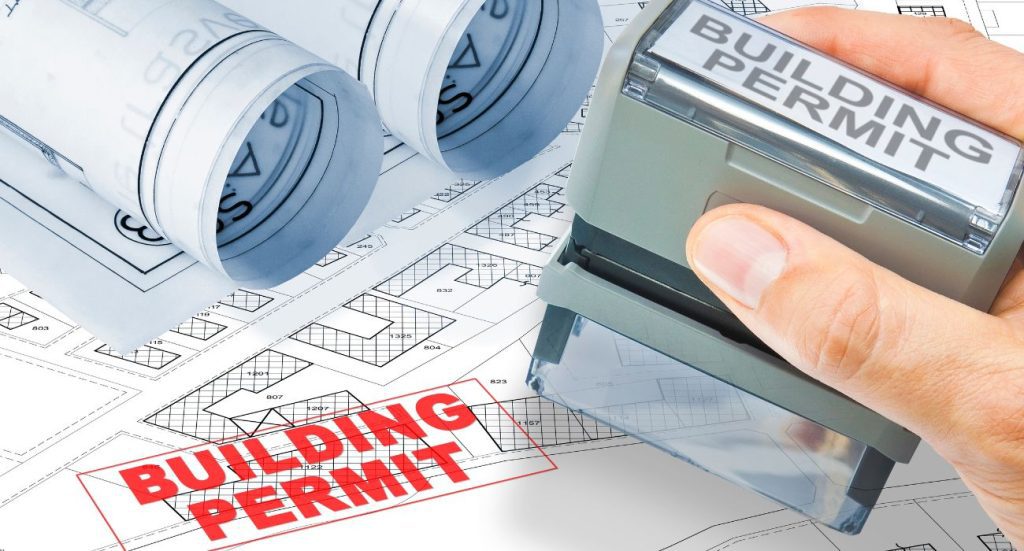The City of Dallas Development Services Department is now able to issue some residential permits within four days, according to the chief building official.
As previously reported by The Dallas Express, the Development Services Department (DSD) has faced challenges with permit backlogs, long turnaround times, and various inefficiencies under former City Manager T.C. Broadnax, which has prompted complaints from developers and other stakeholders.
“In 2021, it was taking us 78 days to issue one- and two-family building permits,” said Andrew Espinoza. “You’ve seen that steadily decrease. And for the year 2024, we’re averaging four days, so we’re very happy about our performance.”
Espinoza’s presentation to the Dallas City Council members on the committee included residential and commercial permit data for March. For the year, 679 permits have been issued for one- and two-family homes through April 30.
“In March, the number of residential permits increased from 136 to 207,” Espinoza said. “We issued 154 new single-family permits, 43 RSVP permits — which are permits that are issued the same day. For the month, we averaged three days, and for commercial, we had 15 new commercial, 23 commercial additions, and a whole bunch of commercial remodels.”
The total number of remodels was 233.
“In 2023, we set specific goals,” Espinoza said. “And as a council body, you heard us [say] that we were going to reduce residential permitting times by 50% by March of 2023, that we’re going to hit our target of three to five business days for new single families, that we’re going to perform all of our initial plan reviews within 15 days.”
“We have hit all of those targets,” he added.
For commercial remodels, permits increased from 216 in February to 233 in March. For “complex, large projects,” the number of permits issued over the same period increased from 11 to 15.
Council Member Paul Ridley (District 14) said, “You’re doing well, first, on the residential. You’re doing an excellent job. You’re consistently getting the permit turnaround time down to three, four days this year.”
During the meeting, Espinoza also discussed DSD's efforts to recruit and retain employees.
“In July of 2023, we set up a training team, empowering our team members to make quick and informative decisions and issue permits in a timely and consistent manner,” he said. “Those guiding principles are customer service, consistency, teamwork, integrity, and responsiveness.”
During an April hiring event, the department received 124 applications and conducted 71 interviews. Twenty-nine offer letters were distributed immediately.
Ridley asked about the department's consistent staff vacancies, and Espinoza confirmed that hiring has been ongoing, but retention remains a challenge.
Espinoza told the council member he was "completely right."
"We have not seen a significant decrease in the number of empty positions," Espinoza said. "I believe what has happened is that the changes, relocation, and some of our operational decisions have encouraged people to find something closer to home or find higher salaries in other cities that are either similar or better. So, to answer your question about what we’re doing to try to keep team members: one way is to motivate them through an incentive pay program."
Espinoza also brought up the introduction of an employee referral program.
"And then the third one is simply to try to offer a good working environment where you invest in team members, show that you care about them so that they’ll want to be there. And then, of course, the very last part of that is evaluating their salaries to ensure that we are being competitive and able to keep up with neighboring cities," he said.
With 372 employees, the DSD budget remains at around $54 million.
"I’m wondering if once they start to work, they’re somehow disappointed in — I don’t know — working conditions, responsibility, possibility for advancement," Ridley said. "Is there enough focus being placed on informing the applicants about just what the job entails?"
Ridley suggested conducting exit interviews with DSD employees.
"So, council member, I agree that we can definitely do a better job upfront of informing applicants about what to expect when they come on," Espinoza said. "We kind of assume that they know what they’re signing up for. But you’re right. Sometimes, not having that clear picture could impact their decision to stay."



